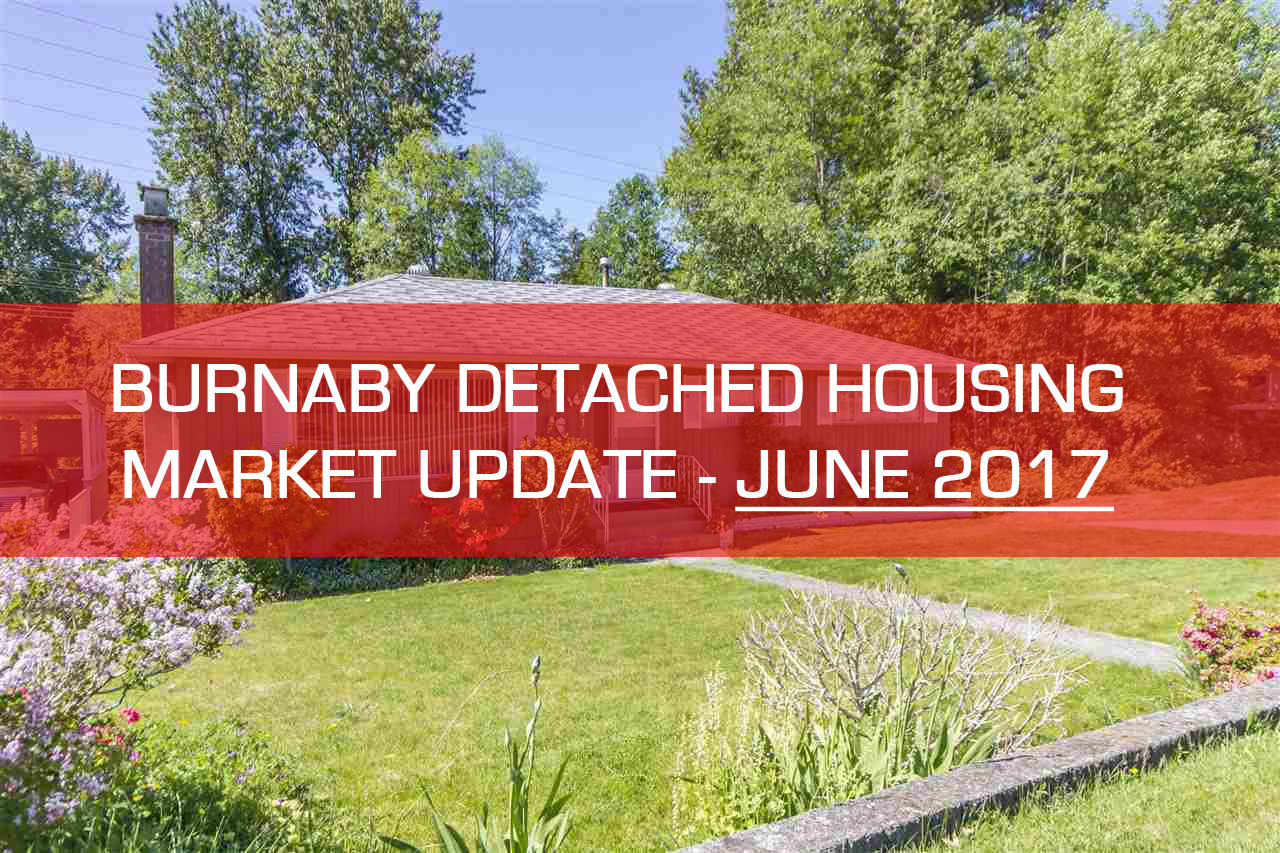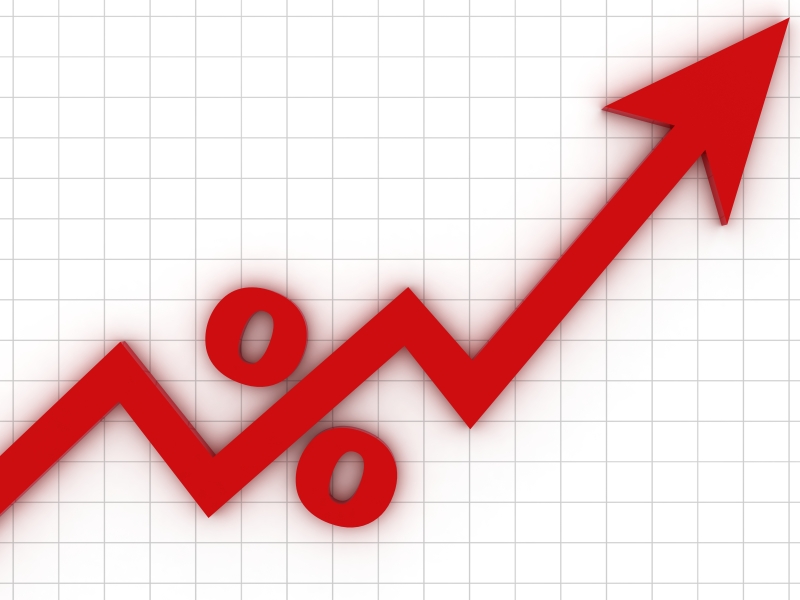Spring breathes new life into Metro Vancouver’s real estate scene, ushering in a wave of activity from sellers and expanding options for buyers. The latest report from Greater Vancouver REALTORS® (GVR) reveals a significant surge in MLS® listings, with a remarkable uptick of nearly 23 percent compared to the previous year.
March 2024 witnessed 2,415 residential sales in the region, marking a slight dip of 4.7 percent from the same period in 2023. Despite this minor decline, the market maintains its vigor, fueled by demand for competitively priced properties in strategic locales, shifting the balance further into sellers’ favor.
Across detached, attached, and apartment segments, new listings on the Multiple Listing Service® (MLS®) soared by 15.9 percent compared to March 2023, reaching a total of 5,002. Presently, the MLS® system boasts 10,552 properties for sale, indicating a substantial 22.5 percent increase from March 2023.
Analysis of the sales-to-active listings ratio for March 2024 reveals a robust figure of 23.8 percent across all property types. Specifically, the ratio stands at 18.2 percent for detached homes, 31.3 percent for attached homes, and 25.8 percent for apartments. These figures underscore the pressure on home prices, with ratios below 12 percent suggesting downward trends and those surpassing 20 percent indicating upward momentum.
Andrew Lis, GVR’s director of economics and data analytics, acknowledges the market’s relative cooling compared to the previous year but notes modest month-over-month price gains, ranging from one to two percent on aggregate. While Lis anticipates potential cuts to the Bank of Canada’s policy rate in 2024, he warns that these measures may not significantly ease affordability challenges, given the enduring constraints on borrowing power.
The MLS® Home Price Index composite benchmark price for all residential properties in Metro Vancouver presently stands at $1,196,800, reflecting a 4.5 percent year-over-year increase.
Breaking down the sales data, detached home sales reached 694 in March 2024, down by 5.4 percent compared to March 2023. The benchmark price for detached homes stands at $2,007,900, up by 7.4 percent from March 2023.
Apartment home sales totaled 1,207 in March 2024, marking a 7.9 percent decrease from March 2023. The benchmark price for apartments is $777,500, showing a 5.7 percent year-over-year increase.
Attached home sales witnessed a modest increase of 6.2 percent in March 2024 compared to March 2023, totaling 495 sales. The benchmark price for townhouses rose to $1,112,800, reflecting a 5 percent increase from March 2023.
In summary, while Metro Vancouver’s real estate market experiences heightened seller activity, buyers should anticipate stiff competition, particularly for attractively priced properties in sought-after locations.




